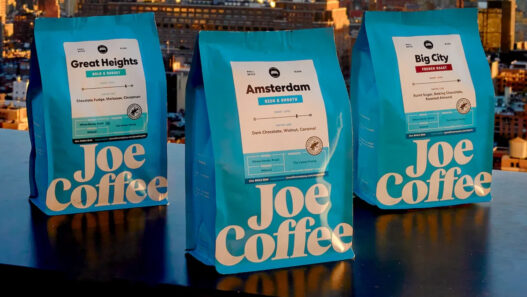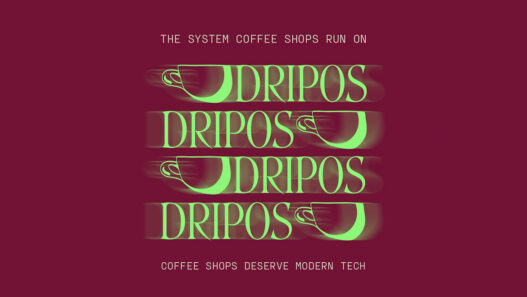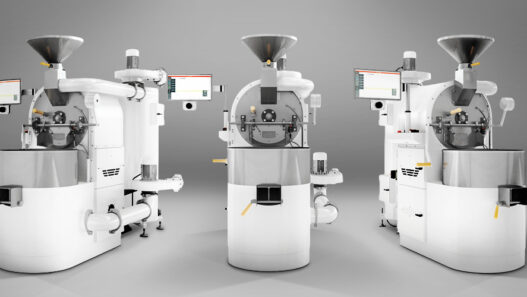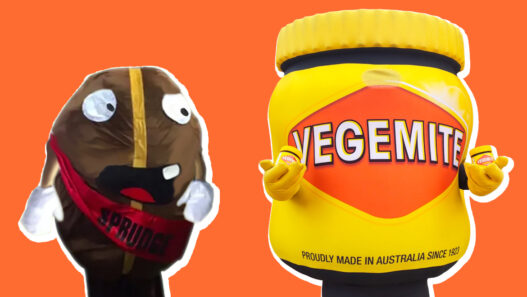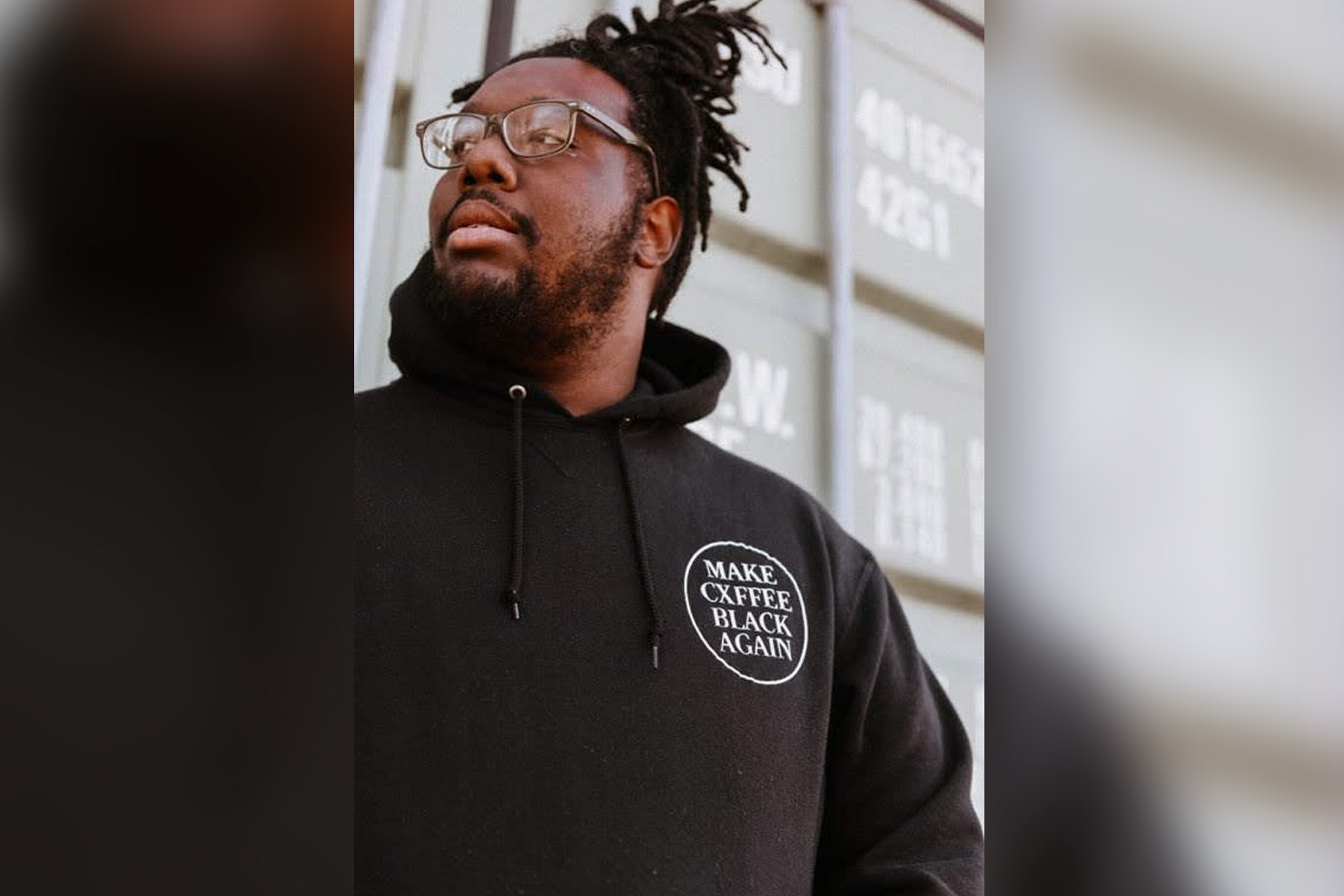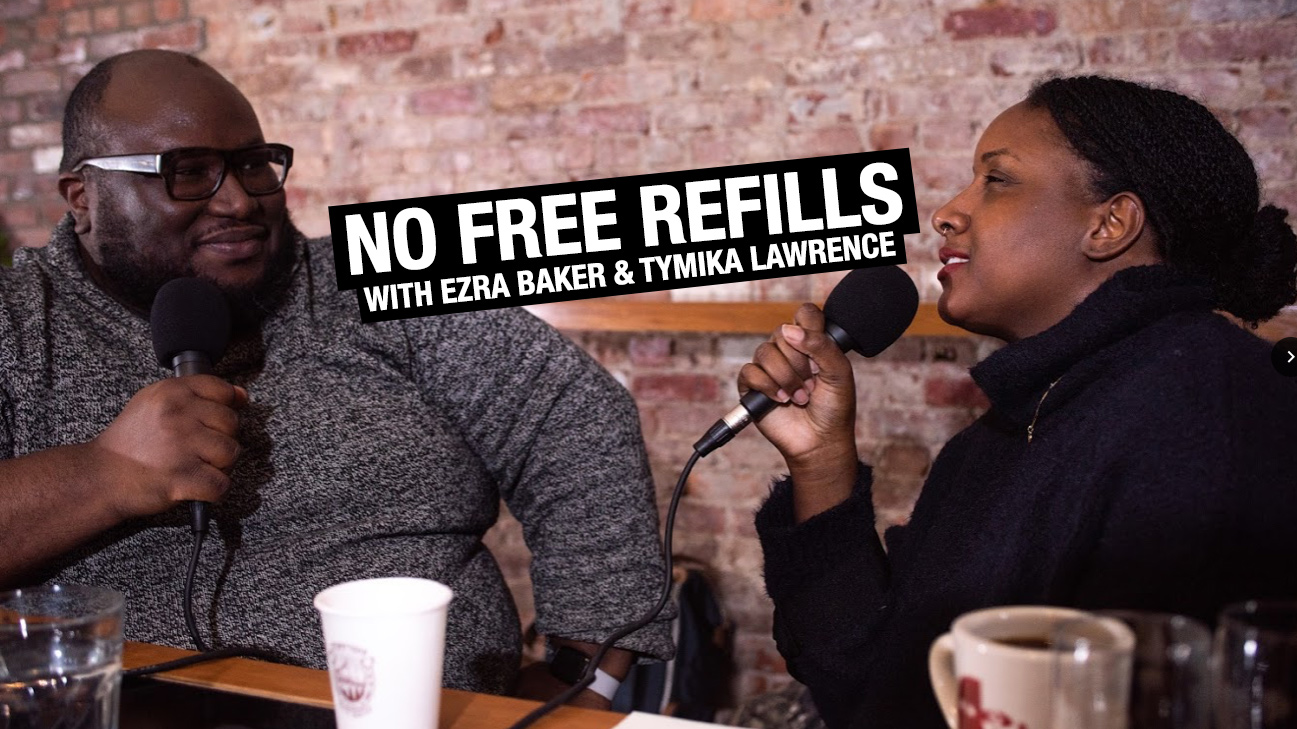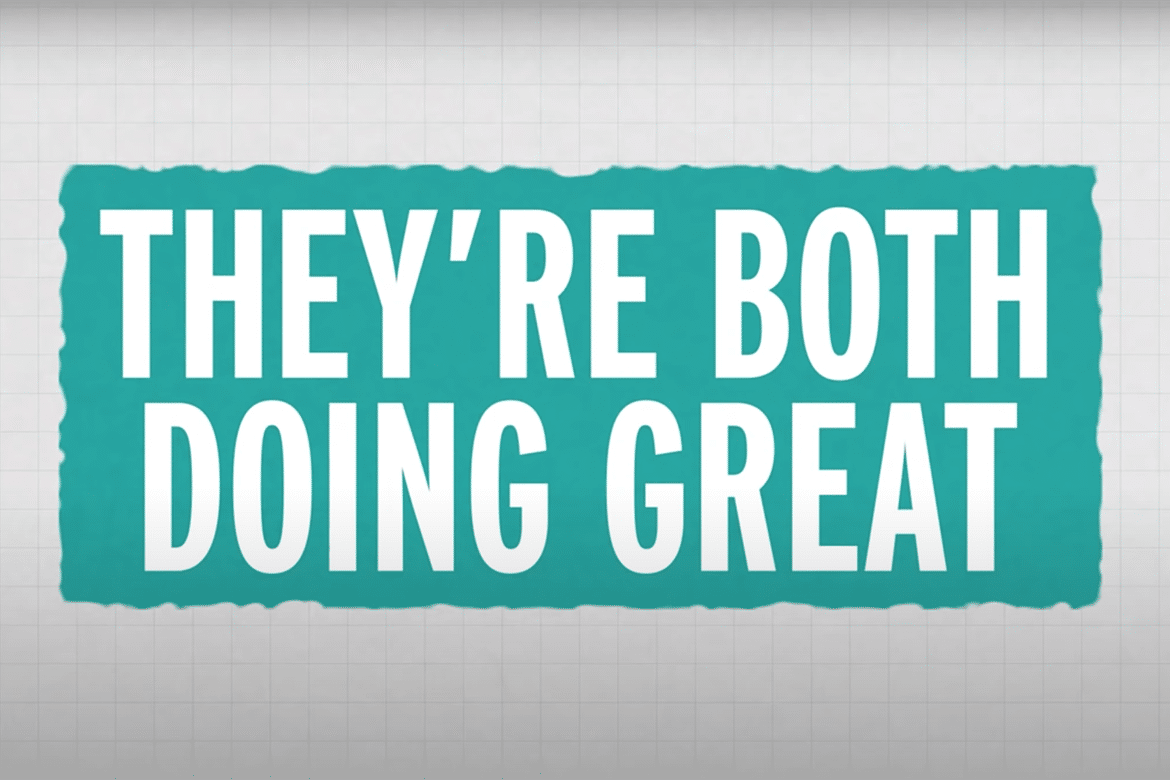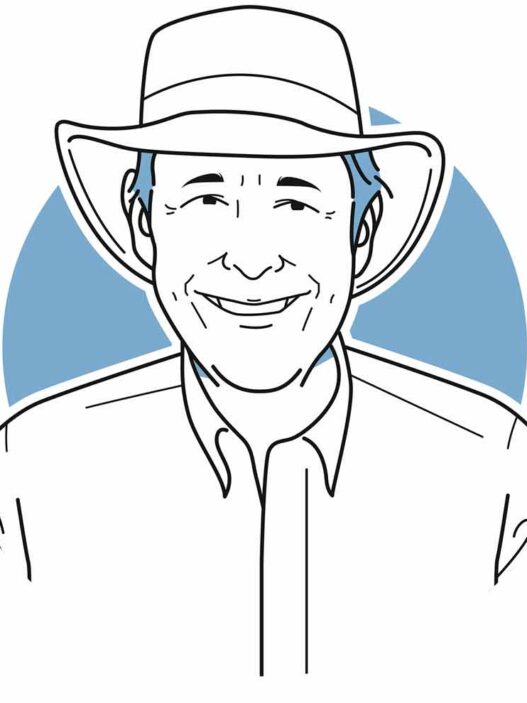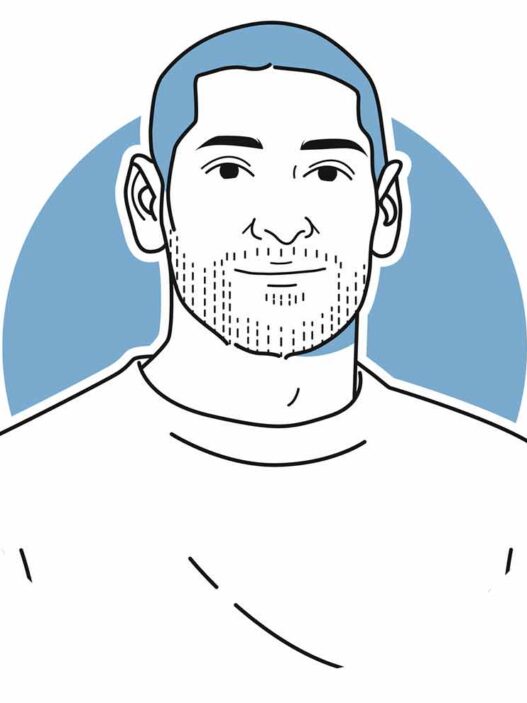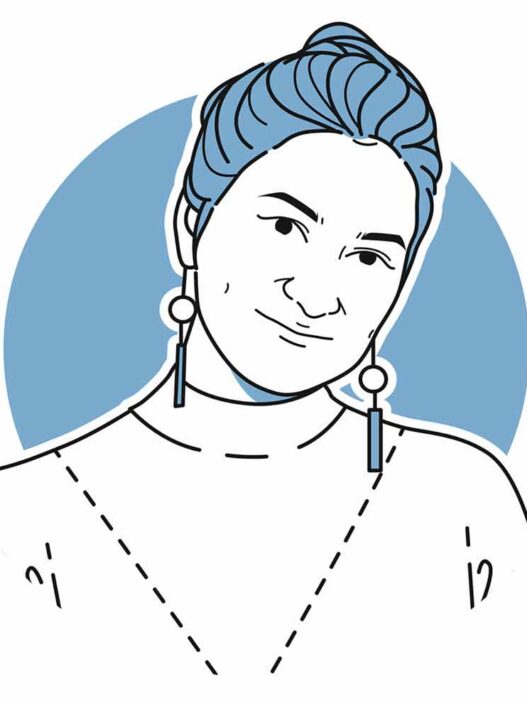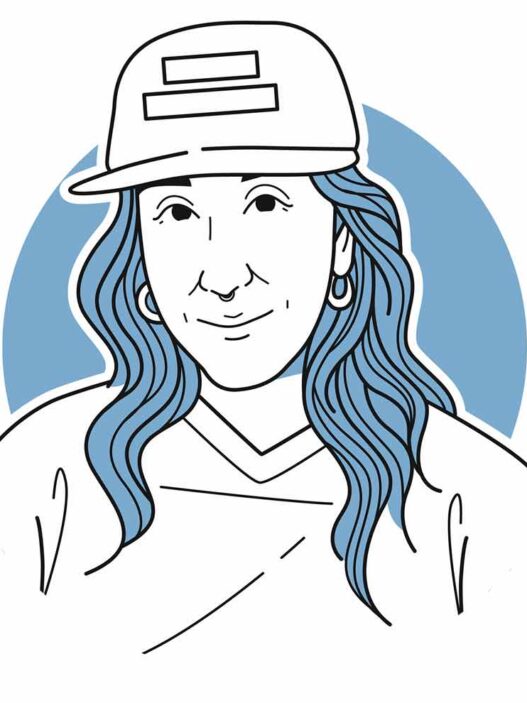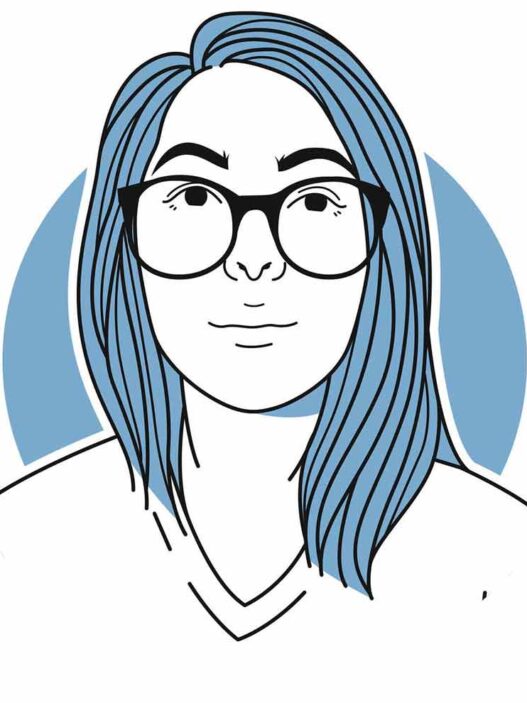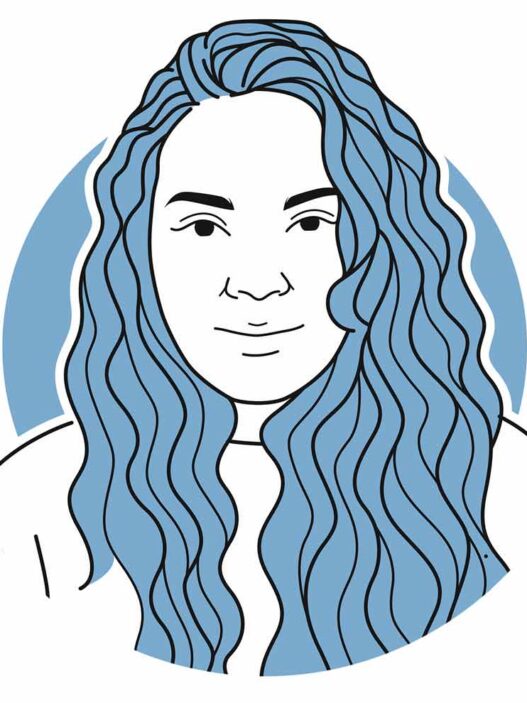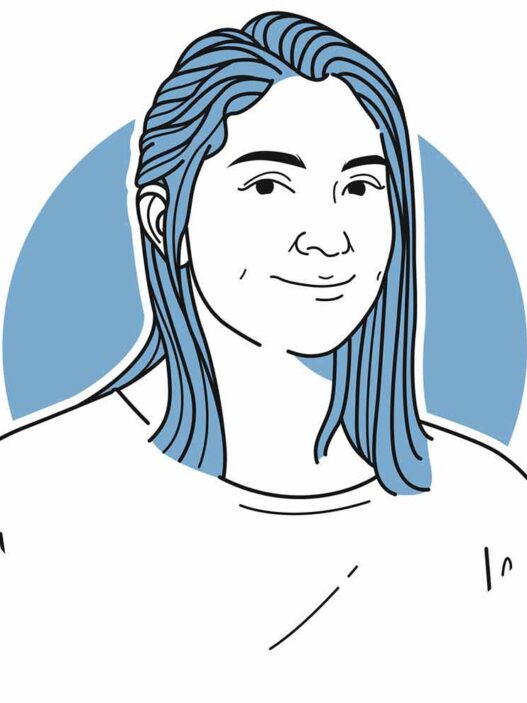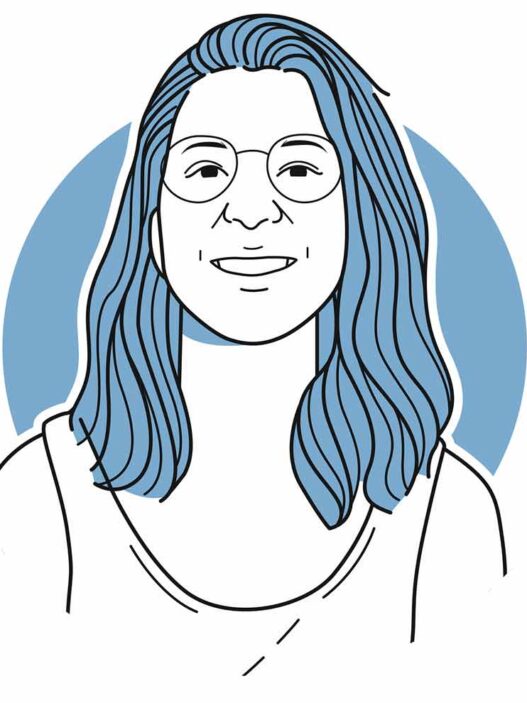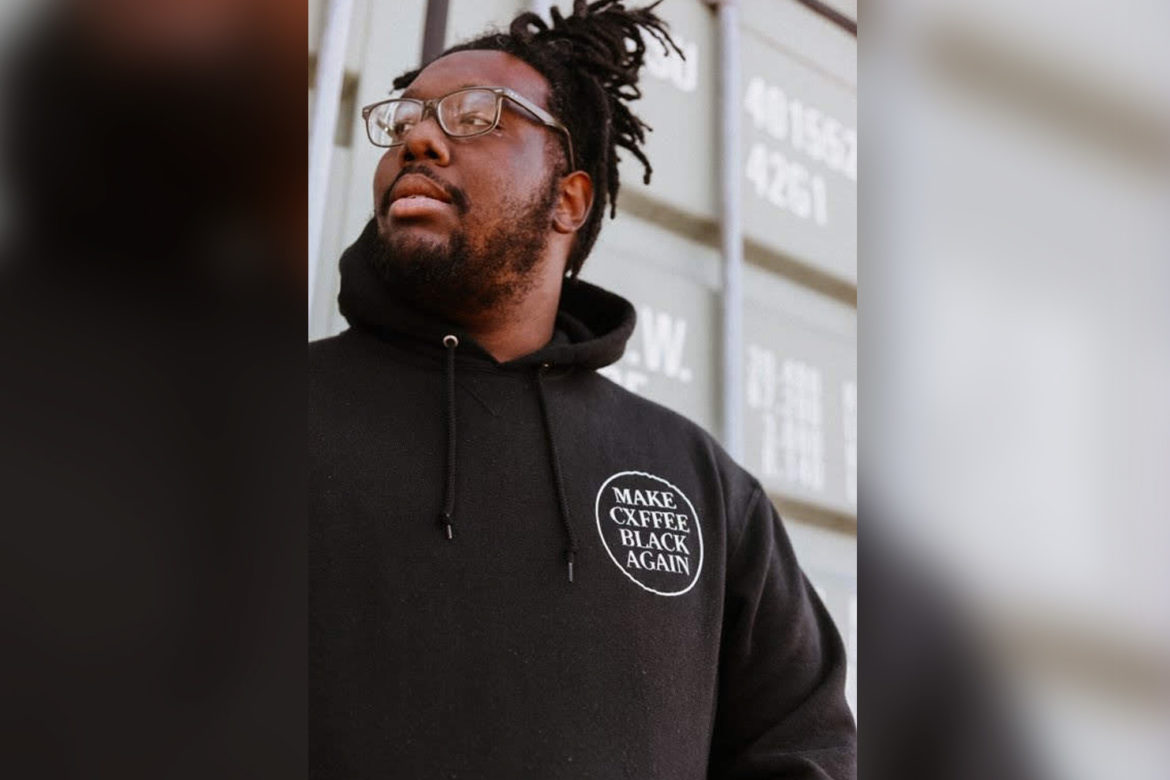
Welcome to The Sprudge Twenty Interviews presented by Pacific Barista Series. For a complete list of 2020 Sprudge Twenty honorees please visit sprudge.com/twenty.
“I first stumbled on Bart via his project Cxffeeblack late 2019. He released this coffee that was called “Guji Mane,” a natural process coffee with a very punny name. Didn’t think much of my man passed that but I started following him and his coffee project. The longer I followed him the more I came to realize that his genuine positive mindset and knack for education for sure set him apart from any of my newer peers. He has tasked himself to educate this surrounding area about their connection to coffee (which in Memphis, can’t be easy) and did so without othering anyone.”
Nominated by Cameron Heath.
Cxffeeblack’s official website + Instagram.
How has the COVID-19 pandemic impacted you personally and professionally?
Initially, COVID-19 provided a big scare. We had events planned—we had set up a whole coffee tour actually, these “brew-up” events featuring DJs and a bunch of coffees from various Black roasters, where we can do a coffee tasting, reintroduce coffee in a black context and decolonize it. “What is this? What does it tastes like?” We eat a bean unbrewed, and we rap with people—literally—and then we just go over it all together and I brew something for people and talk about how they can try it on their own. At these events, we have conversations about what the implications are of what we did today on our neighborhoods, and how we view our coffee shops. It has been really dope! We had plans to do that in six or seven cities around the country and unfortunately with COVID we had to cancel it all, cancel the flights, cancel the venues.
It was scary, you know? I had bought inventory and was expecting to travel a lot, and then… but in the long term COVID has really introduced us to a new model of business. It has heightened the part of our work that is already very digital. I have been trying really hard not to be stuck in one particular location as far as overhead is concerned, focusing on things like pop-ups, education, and concerts, but COVID really transformed us into being all-day digital. And now we have ideas on what we want to do the rest of the year: setting up digital versions of these experiences and coupling that with a coffee subscription, where the coffee is delivered prior to the date of the event, and we can tie that into tracks on an album and music, and culminate in a bigger conversation we want to have.
COVID has been definitely a big force for innovation and growth for us.
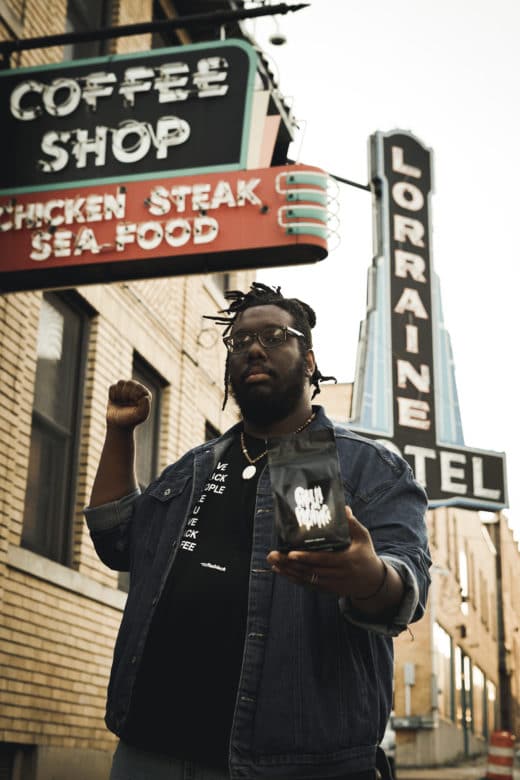
What cause or element in coffee drives you?
We are definitely super focused on Black people. Specifically, coffee as a means for liberation of Black people across the diaspora. And I can elaborate on that—you know, coffee is one of the largest traded industries in the world, although I heard Mama’s Brew say that not all the people look like they’re getting paid or participating. Maybe all that money is spent somewhere else. Coffee roasters and baristas aren’t rolling in the dough either, though. It’s like the money is stuck somewhere.
We’re super passionate about using the industry as a way to alleviate poverty across the diaspora. My goal is Black people sourcing coffee from other Black people and selling it to other Black people as a way of providing generational wealth and alleviating some of the situations our communities are left in.
What issue in coffee do you think is critically overlooked?
I would definitely say it’s the same issue. We’re Cxffeeblack so it’s monochromatic, you know?
For us, it’s the issue of Black people and specifically Black businesses and entrepreneurs doing business together across the diaspora. It’s interesting to me how people can love single-origin coffee and ignore single-origin people.
A lot of times, third wave coffee shops end up moving into Black and brown neighborhoods and doing business as if they’re in a white neighborhood. They don’t look or see their business as a means of participating in the community. They do business in spite of the community instead of with the community. And they’re missing out on income when they do it and participating in the eradication and erasure of a lot of the identity of these neighborhoods. We’ve done events at shops before, hip hop events—everything for us is coffee reimagined from a Black perspective—and people from the neighborhood will come to the show, which is great, but you can visually see other people who are used to going to this coffee shop being very uneasy with the neighborhood taking part. It’s like, “Why is this visibly poor Black person around me?”
I’m not interested in bashing or being mad but it’s very problematic when you look at the understanding of what they’re participating in. You are participating in a Black discovery when you drink coffee. You have to acknowledge that and understand that you’re dealing with Black people along the way. But people seem so surprised. Coffee, like many other things, has been colonized. When things are colonized they lose their identity and losing your identity is dehumanizing. In slavery, people lost their names. You received a new identity given by your colonizer. That’s a big part of the X in our name, Cxffeeblack—Malcolm X and others in the Nation of Islam wanted to take back their names and use X to represent a link to their identity. That’s what we want to do with coffee—let people interact with coffee from a Black identity.
It’s often overlooked. People drink coffee without acknowledging the Black roots and history and the Black future of it, too. And that’s important. It’s not only a Black history in coffee but also a Black future. We have to realize by participating in the present we’re part of this journey that has an undeniably Black destination.
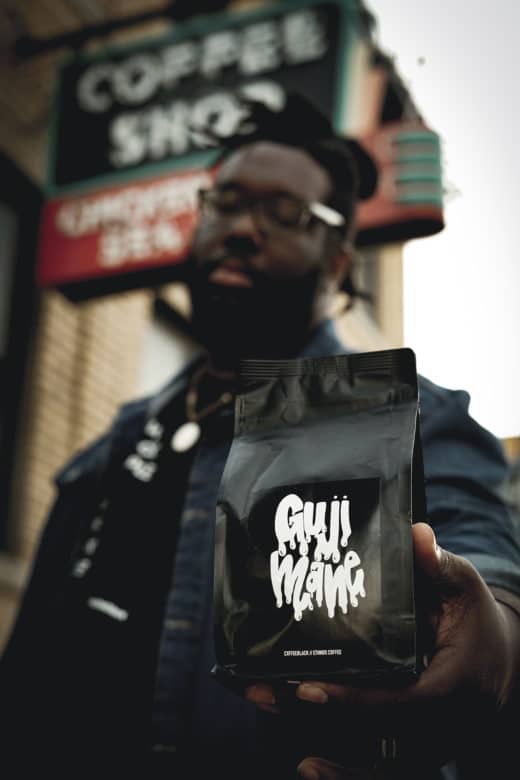
What is the quality you like best about coffee?
I really like the fact that it inspires curiosity. My wife always says that coffee is an adventure for me. I love that it’s endlessly discoverable and researchable and there are a million variables to change and always something new to discover and taste, new people to learn from, new information to learn. My journey was like a lot of people: I started just liking coffee for the environment and then began to love the beverage, and then I realized that I connected to the history and that was huge. In Ethiopia, the Oromo ethnic group has a VERY similar to the history of African Americans, including a narrative of liberation.
Now thanks to coffee I know some Oromo people. We’re also sourcing coffee from places like Cauca, in Colombia, and learning about the Afro-Indigenous history of Colombia and how similar that is to elements of history in America. Even down to like, a lot of Afro-Indigenous people in Cauca are forced to grow coca leaves. There’s a lot of cartels in that part of the world, and farmers have been forced to grow coca in order to feed their financial needs. That’s part of why paying specialty grade for coffee is so important, so farmers we purchase coffee from don’t have to have their kids participate in this. And that was so inspiring to me because it’s so similar to my situation in Memphis. People here feel like they’re forced to participate in the drug economy because of the lack of jobs and resources and decades of the war on drugs in our communities. It’s a way of usurping Black people’s efforts and labor to extract capital. The similarities are so, so crazy and I feel like I discover new connections every day.
Did you experience a life-changing moment of coffee revelation early in your career?
I remember visiting the first third wave coffee shop in Memphis. I remember having a latte—I was really into lattes with no sweeteners—so I asked for a short latte and they gave it to me and it tasted like strawberry milk. And I said “Hey, I asked for no sweetener, I think you made a mistake” and they said, “no, this is how the coffee tastes.”
I was literally freaking out. My mind was blown. Yo, how does this taste like strawberries!? My palate wasn’t expecting sugar and that’s a big part of transitioning from sweetened drinks: you have to go without it for a little bit. Your palate has to get so that you’re not expecting sugar. But that to me, you know, in Memphis that first amazing coffee experience we call it “chasing the dragon,” and that was the dragon. You chase it for the rest of your experiences.
What is your idea of coffee happiness?
Oh wow! This question! For me, it’s that moment in the morning when I’m making my pour-over. I’m meditating on scripture, I’m silent, I’m praying, and then I drink the coffee but I’m really connected to all of creation and to my creator, and nature. For me, it’s perfectly extracted, and nobody else is awake, and I can just meditate and connect with the rest of creation. That’s coffee happiness.
But introducing someone to coffee is pretty good, too.
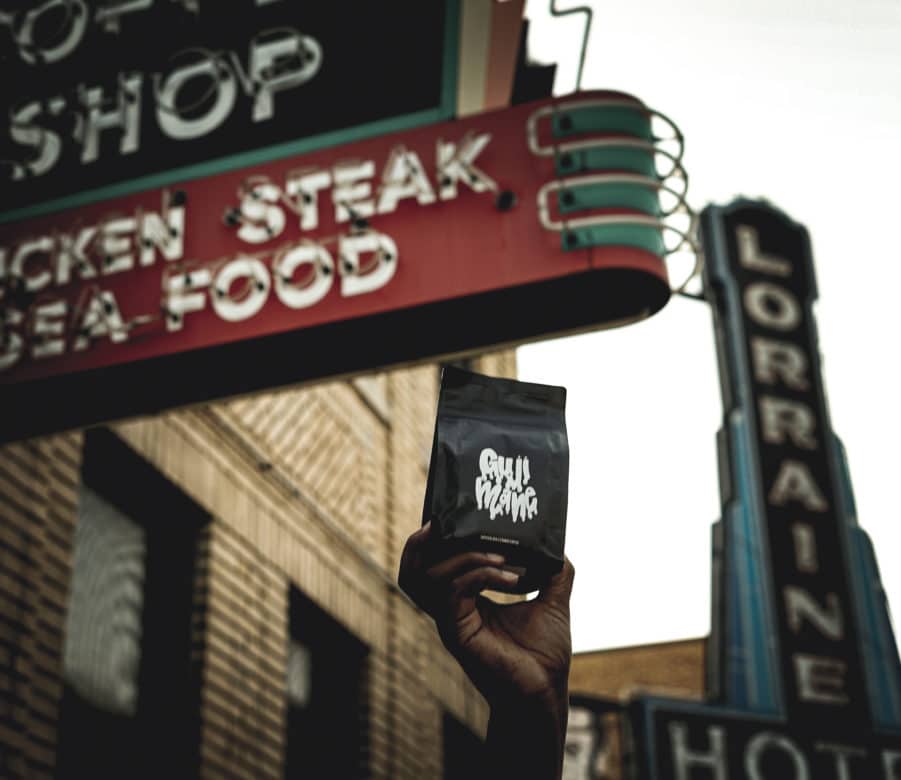
If you could have any job in the coffee industry, what would it be and why?
My dream is to one day import coffee. Specifically, I want to facilitate the importation of coffee between Black coffee growers and Black families across the diaspora who want to build coffee companies. Eduardo [Choza] from Mayorga Organics—who is the homie—put me on the game on how a lot of importers treat the growers, specifically the very, very poor growers who are Black and indigenous. Sure, there are some farms owned and operated by Europeans or very wealthy people and they’re doing fine. But a lot of farmers live in the mountains and are excluded from the larger economy. The way they’re treated reminds me of how my great grandparents were treated during the sharecropping era after slavery. That was a big realization for me.
When I first got into coffee I didn’t understand the financial mechanics, and once I realized that a lot of importers operate as colonial powers, or take the place of colonial powers, I was like, “Damn, I don’t want to participate in this.” I didn’t know that’s how it often worked and I felt bad. But when I realized I wanted to move towards something like “direct trade” it’s also like, “Damn, I don’t have money.” I don’t have money to stay somewhere for months and build up these relationships, you know? That was discouraging to me, to feel like I had no option but to participate in the same type of business that shackled my ancestors into generational poverty.
We’re doing the work now to build direct trade relationships and that’s happened because people with those pre-existing relationships are starting to reach out and connect us. It’s taken time and it’s not as quick as I want. But I want to facilitate this process in the future for Black people who want to do business with other Black people.
Who are your coffee heroes?
When I first got into coffee, I didn’t have one. I was just into it for the drink. But now that I’ve been in it longer, I respect Martin Mayorga from Mayorga Organics. He has reached out to be a mentor for me. Recently they helped us purchase a new roaster, like a $10,000 roaster, and Martin gave us some help for that and didn’t want us to pay it back. He said, you know, “Just put that money back in the community.” So I really respect the hell out of that dude for how he’s able to help support and do business with other Latino people without having to assimilate to the cultural norms of third wave coffee. When they’re imposed, those norms, they can feel very discouraging for Black people or Latino people or Indigenous people who are curious about coffee, like there are all these rules. I love how Martin does his business and for me, he’s a big hero.
I also really look up to Ibrahim [Usman] from Oromo Coffee Beans. We started around the same time in coffee, and I love what he is doing for his people.
Another person is Stephen Zimerman from The Coffee Enthusiast. He was a big encouragement for me, seeing him be a Black coffee trader and importer, and we talk on the phone a lot. I also really respect Mama’s Brew Coffee; when I first got into coffee seeing her build her business was a big encouragement to me. Her model is really dope and that was a big inspiration early on. Same with Keba Konte from Red Bay Coffee, who was like the first person I ever saw who was Black in coffee.
Last, on the nerdy tip, James Hoffmann—he’s interesting, he’s funny, and he has good taste in hip hop! Whenever he picks tracks for his videos they are pretty dope beats.
If you could drink coffee with anyone, living or dead, who would it be and why?
I’m a person of faith so I’d like to have a cup of coffee with Yeshua. People call him by the European name, but to me, it’s Yeshua, because he’s Hebrew, not a white guy. That would be amazing. As for a non-faith oriented figure I would like to drink coffee with my great grandfather Alexander Henderson. He was a man who was able to escape sharecropping, gather a significant portion of land, nine acres, and lend that land to Black people at a time when people couldn’t even sell what they grew on other people’s property. Nobody in our family knows why we no longer have that land in our family… there are stories that the Arkansas KKK tried to take it from, but there are also stories that say it was a dispute with his own brother. I’d love to have a coffee with him and learn more.
As for a political figure, it’s Malcolm X and Martin, so I can talk with them about Black business and economics. Both of them when they died were thinking about this much more. Malcolm especially after Mecca. Martin was assassinated in Memphis and marched with my wife’s grandfather, who was a sanitation worker. I would love to have a conversation with both of them about coffee.
Did you know that at the Lorraine Hotel in Memphis where Martin was assassinated, there was a coffee shop? The whole hotel is a museum now and the former cafe space has been removed, although they kept the sign. It would be so cool to have a Black-owned shop there someday.
If you didn’t work in coffee what do you think you’d be doing instead?
I think I would be working in streetwear or street culture. I love being able to be at the intersection of education, hip hop, and physical art, physical goods. I would love to be collaborating with someone like Jeff Staple. I think clothing is another thing that’s really important, and that’s why we try and focus on apparel, under our brand Brew Culture. It physically represents what we believe in and what coffee is as well. The coffee you drink represents something about that person. It’s not a random choice, it’s an identity.
What do you wish someone would’ve told you when you were first starting out in coffee?
It doesn’t take a million dollars to learn how to roast. I remember at maybe the second or third shop that opened in Memphis, asking them like, why are you a multi-roaster? I’m someone who has been at the opening of most of the new coffee shops in Memphis for years now. At this store, somebody told me like, “For us to be a roaster we’d need a million dollars.” And I believed that for like three years!
Lo and behold it’s five years later and we’re starting a coffee company and all of our coffee is roasted on like a $4,000 fluid bed roaster. We just did that huge upgrade I mentioned, to a $10,000 fluid bed roaster. That’s a lot less than a million! I’m in general a huge fan of fluid bed roasters because they open the market for people who are priced out otherwise. We’re trying to be intentional about that part of the conversation, and educating people in our community using our roasters. That’s something I wish someone had told me earlier because I would have bought a small sample roaster and just gotten started.
This is an issue in general with third wave. I spent so long feeling like “oh, I could never.” I could never pull the correct shot. I could never afford to roast. I could never have my own brand. But at the end of the day, while there is beauty and art to being a barista, you have to respect that Black women in Ethiopia were doing all of this shit before it was cool. Sourcing, roasting, being a barista, and serving three times a day, and helping grow the coffee, too. Before western society divided the different roles of the culture up into these very specific things, which is something the West is very good at, this was so much more connected. That separation can be otherizing for people who want to learn. People with natural inclinations and potential fall victim to the hype of “doing it the right way” and this has been a problem in third wave.
Where do you see yourself in 2040?
I definitely see myself doing coffee workshops around the country, possibly around the world, helping Black people get on a roll, creating starter packs to give to Black families, traveling to conferences in cities around the world (because we’ve cured COVID) and having local hip hop perform. I want to be doing that around the world. Hopefully, by then, I would have people in my community running different portions of the business: the Brew Culture apparel, the education, the cafe side of things. I want my community to own that, so I can go out and help other families to do the same thing.
What’s your favorite coffee at the moment?
I would have to say I am really enjoying some recent Colombian microlots. I have a beautiful one from Mayorga, and recently another dope one from Black & White that they sent me that tastes like watermelon, pink strawberry, pink Starbursts, and caramel. I love Pink Bourbons and small microlots with this sweet fruity candy-like taste—it reminds me of going to the candy lady growing up, getting junk food after school.
Are there any activists, authors, public speakers, or experts you’d like to encourage our readers to engage with?
I would encourage people to go read the works of John Perkins, he has been a game-changer to me. Why We Can’t Wait by Dr. Martin Luther King. Go listen to “The New Negro” interview by Dr. Martin Luther King originally published in 1957 by PBS. That’s a must. Also, anything by Malcolm X after he goes to Mecca. And please read Ida B. Wells. Anything by Ida B. Wells will change your life for the better.
Thank you.
The Sprudge Twenty Interviews are presented in partnership by Sprudge & Pacific Barista Series. For a complete list of 2020 Sprudge Twenty honorees and a complete interview archive, please visit sprudge.com/twenty.
Photos by Erin Kim courtesy Bartholomew Jones/Cxffeeblack.




